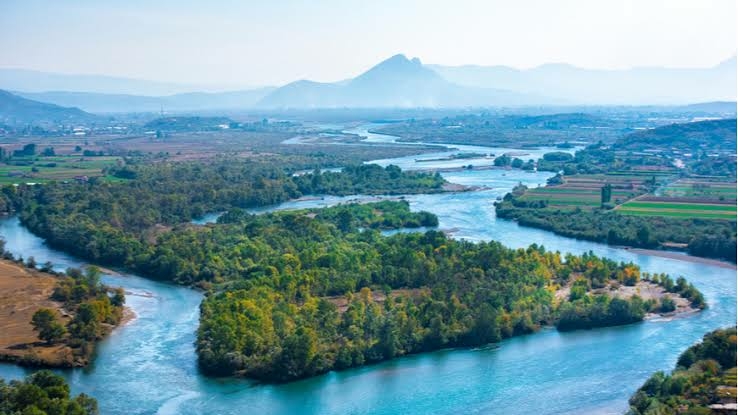Ma’amun Aliyu, the Managing Director, Hadejia Jama’are River Basin Development Authority (HJRBDA) has said partial commercialisation of river basins will enhance productivity.
According to him, it will also impact positively lives of the population in catchment areas.
Aliyu, who said this at the ongoing two-day retreat, with the theme: “Re-positioning HJRBDA for Effective Service Delivery’’, said this was necessary so as to meet the dwindling revenue challenges in the river basins.
Hadejia Jama’are River Basin Development Authority comprises Bauchi, Kano and Jigawa states as its catchment area.
The News Agency of Nigeria (NAN) reports that the Federal Government had approved the partial commercialisation of 12 River Basin Development Authorities (RBDAs) with the aim of pooling private sector funds for their revitalisation.
According to him, the basin authority is working to see what steps needed to be made in looking beyond Transforming Irrigation Management in Nigeria (TRIMING) Interventions programme happening in Kano river and Tiga, Challawa Irrigation schemes.
“We are now looking beyond trimming intervention and beyond the partial commercialisation so that we will be able to come up with repositioning activities that will allow us to play greater role in our mandate.
“Commercialisation is supposed to be an activity of the Federal Government, but the river basins will be more efficient in its mandate and will be able to generate enough revenue to fund some of its activities, running costs.
“Although, the Federal Government will still be funding the capital projects, they will be able to stand on their own, generate more revenues and create more opportunities, more employment and provide services to the people’’.
He said with the rapid changes and developments in the Nigeria emerging economy and the global food insecurity due to the COVID-19 pandemic and other issues, it became imperative for the authority to converge and assess their achievements and challenges.
Aliyu reiterated the objectives of the retreat to include; provision of a forum to collectively review the progress being made in the implementation of mandates.
The retreat he noted was also aimed at providing the right environment for brainstorming and reaching a common understanding of emerging challenges.
He, therefore, outlined the significant achievements of the Authority to include; construction of water supply schemes, Flood and erosion control, Partnership for Expanded Water, Sanitation and Hygiene among others.
An irrigation expert, Yahya Kazaure, who spoke on `Outlook for the River Basins Development under the Foreseen Commercialisation’, identified poor funding and constituency projects interference as a major issue in river basin development.
He said it was crucial for water user associations to be more strategic in their functions toward contributing to the mandate of agricultural production, food security and wellbeing of the populace.
According to Kazaure, it is no longer business as usual in river basins as there is the need for river basin development authorities to assign new roles and responsibilities to redundant staff for efficiency.
This, he noted, would also be in line with the provisions of the partial commercialisation processes for significantly reducing dependence on Federal Government for funding.
“ The specific envisaged economic benefits of reform and commercialisation of the RBDAs include: Improved efficiency, effectiveness and cost consciousness, significantly reduced dependence on Federal Government for funding.
“Realistic capital structures and improved ability to access private capital for investment in the infrastructure of the RBDAs.
NAN recalls that the Minister of Water Resources, Suleiman Adamu at the inauguration of the Project Implementation Committee (PIC) for the partial commercialisation of some river basins said the aim was to pool private sector funds for their revitalisation.

















Discussion about this post